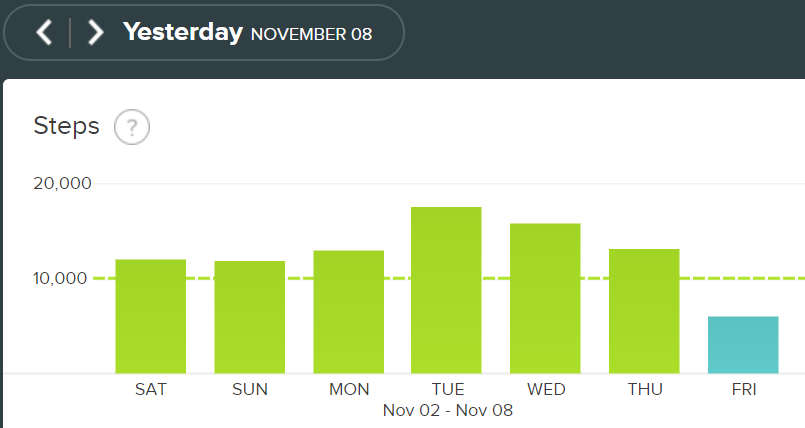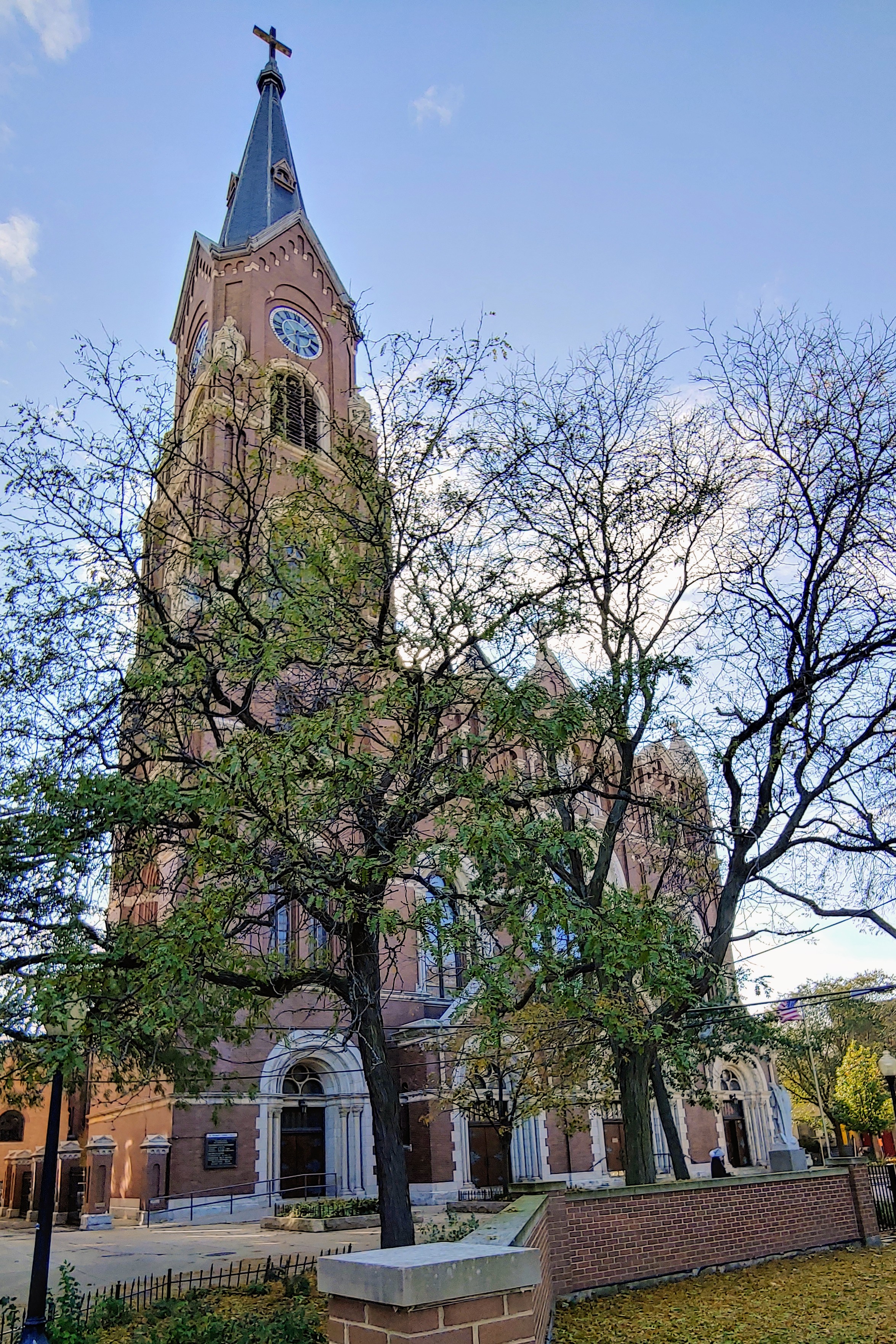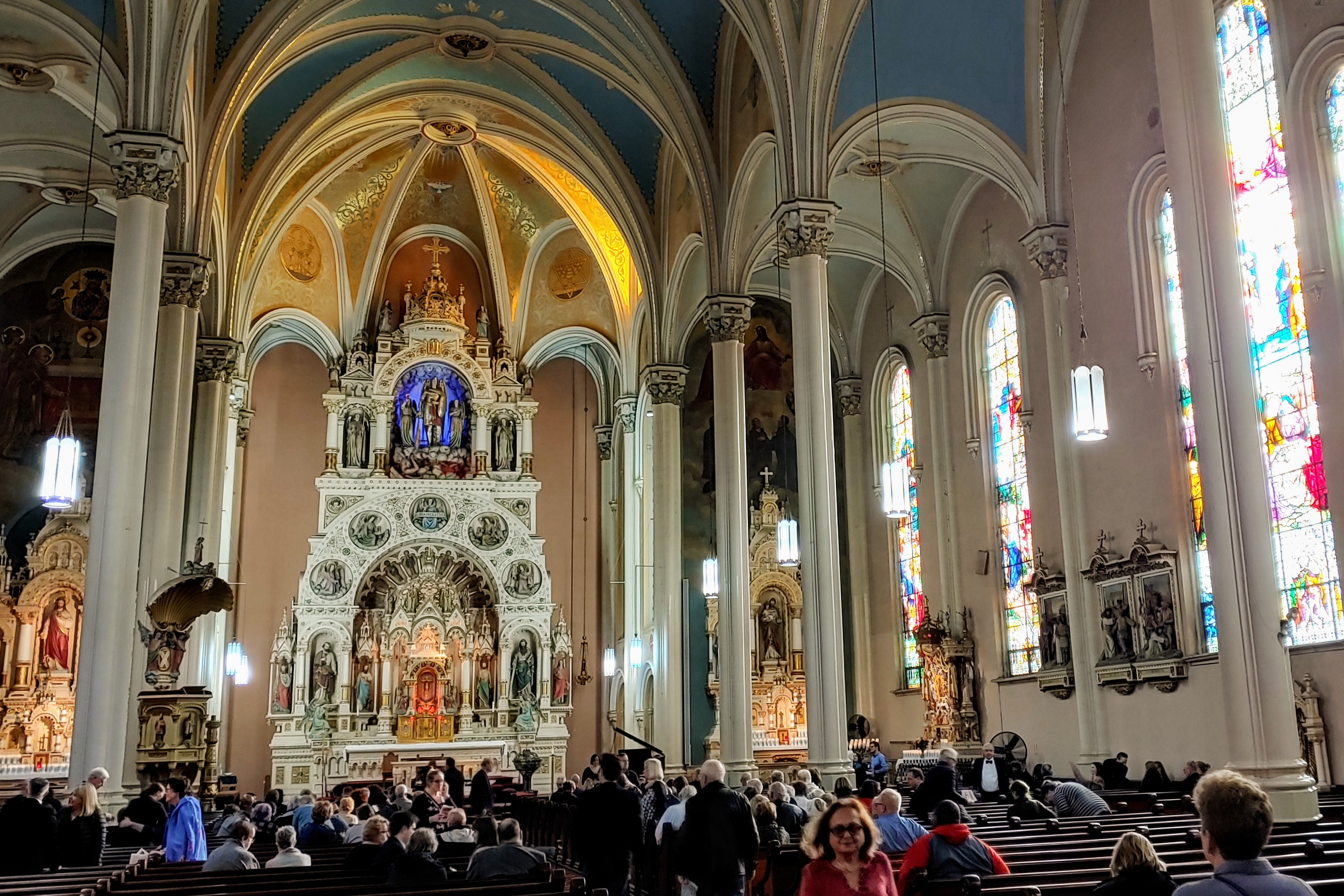On Sunday, Pitchfork revisited Aimee Mann's third solo album, which she recorded 20 years ago:
The best song on the album, and the one that most thoroughly embodies its wary, bruised point of view, is “Deathly.” Warmed up by whispered backing vocals from [Jon] Brion and Juliana Hatfield, it’s a preemptive rejection from someone who’s been hurt too many times to risk heartbreak again. “Don’t pick on me/When one act of kindness could be deathly,” Mann pleads, her emphatic down-strums and simple rhyme scheme inviting a cathartic sing-along. She repeats the brief but evocative title so many times, it finally morphs into a word that’s even more devastating by virtue of its finality: “definitely.” Because she chooses her maximalist moments carefully on Bachelor No. 2, the song’s stratospheric, almost overblown minute-long instrumental outro lends an epic scale to what amounts to Mann’s refusal to keep experiencing emotions.
It was “Deathly” that inspired Anderson to complete the circle of inspiration, making Mann’s music the centerpiece of his 1999 film Magnolia. It makes up the bulk of the soundtrack, alongside a score from Brion (whose history with Anderson dated back to the director’s 1996 debut Hard Eight, on which he collaborated with Mann’s husband, composer Michael Penn). Unfolding over a night punctuated by violent L.A. rain—and culminating in a biblical cloudburst of bullfrogs—Magnolia follows an intersecting cast of lonely, angry, wounded and regretful characters.
In one scene, an abuse survivor and addict named Claudia (Melora Walters) abruptly ends what looked to be a promising first date with a kind, embattled police officer (John C. Reilly) by speaking the opening salvo of “Deathly”: “Now that I’ve met you, would you object to never seeing each other again?” (“I heard that line and wrote backwards,” Anderson recalled in an introduction to the shooting script. “This ‘original’ screenplay could, for all intents and purposes, be called an adaption of Aimee Mann songs.”)
I think I'll have to put the album on after my conference call.
Chicago Classical Review attended our performance of Everest and Aleko this weekend:
There are a myriad of reasons why an operatic adaptation of Jon Krakauer’s Into Thin Air should not work. And yet it does. Composer [Joby] Talbot and librettist Gene Scheer have crafted a compelling 70-minute opera adapted form Krakauer’s nonfiction book about the disastrous 1996 Everest expedition in which eight people died.
Scheer wisely narrows the scope to three mountaineers, alternating their increasingly desperate situation on the South Summit with communications with their concerned loved ones and the base camp. The large vocal ensemble in back acts as a kind of Greek Chorus, questioning the men, offering philosophical observations, and commenting on the climbers’ actions, and the fates of the many who have died attempting to reach the summit.
The Apollo Chorus delivered all the power, mystery and atmosphere of Talbot’s choral passages, directed by Stephen Alltop.
The Stage & Cinema blog also gave us a nice review.
Not to mention, we really enjoyed the works. And the performance. Plus, Scheer and Talbot came to the cast party afterwards.
The audience loved last night's performance of Everest and Aleko. Everest composer Joby Talbot and librettist Gene Scheer attended, and I had the opportunity to meet them backstage at intermission. They both reported being overjoyed by our performance. Nice.
I discovered in researching this post that the BBC Symphony Orchestra will perform Everest at the Barbican on 20 June 2020. Hell yes, I'm going.
If you don't want to wait until June, you can hear us this afternoon at Harris Theater.
In about four hours, I'll be warming up for tonight's double bill of Everest and Aleko with the Chicago Opera Theater. Chicago's last remaining classical radio station, WFMT, went to our rehearsal on Monday (when I was in London, unfortunately for me):
n this staging, both works employ a large chorus made up of over 100 members, including members of Apollo Chorus of Chicago. Their function, Yankovskaya explains, is akin to a Greek Chorus: "In Everest, the chorus serves as the voice of the mountain often or the voice of the people of the past who have climbed the mountain. In Aleko, likewise, the chorus is often commenting on the surroundings and creating an atmosphere."
In the piece "The lights have gone out" from Aleko, the chorus "creates a sense of time and place," Yankovskaya shares. "The lights have all gone out in the Roma tents. The travelers are going to sleep, and the two lovers, Zemfira and the Young Gypsy, are about to come out and have their duet. But before that happens, we hear this setting created by the chorus."
WFMT posted video from the rehearsal.
You want tickets? We got tickets. PM me for a discount code.
My 207-day streak of 10,000 steps per day ended, as I suspected it would, at midnight GMT tonight.
Traveling from Chicago to London takes 6 hours out of the day, and it's hard to get enough steps before 7am to get to 10k by 6pm when most of that time is on an airplane.
Anyway, I'm in the Ancestral Homeland, about to finish the book that inspired the opera I'm performing in next week.
And then there's the other opera that requires I sing rapidly in Russian, without rushing. I brought the score for that one so I don't lose out on missing Monday's rehearsal.
More later. I actually have to get in sync with GMT so I can function on Monday. Wish me luck.
It was a lovely afternoon for a concert. We performed selections from Händel's Messiah, Rachmaninoff's Aleko, and Bach's St John Passion in the gorgeous St Michael Catholic Church in Old Town, Chicago:

Inside, just before the concert:

Our next performances will be with Chicago Opera Theater on the 14th, 16th, and 17th. Then some of us will be back at St Michael for Messiah on December 6th.
It's going to be a hectic couple of months.
October began today for some of the world, but here in Chicago the 29°C weather (at Midway and downtwon; it's 23°C at O'Hare) would be more appropriate for July. October should start tomorrow for us, according to forecasts.
This week has a lot going on: rehearsal yesterday for Apollo's support of Chicago Opera Theater in their upcoming performances of Everest and Aleko; rehearsal tonight for our collaboration Saturday with the Champaign-Urbana Symphony of Carmina Burana; and, right, a full-time job. (The Dallas Opera put their video of Everest's premiere on YouTube.)
We also have a few things going on in the news, it seems:
I will now return to reverse-engineering a particularly maddening interface.
Today marks the 50th anniversary of the release of Abbey Road, the Beatles' final album.1 The New York Post, not a newspaper I quote often, has a track-by-track retrospective:
“Something”
Frank Sinatra once described this George Harrison composition as “the greatest love song of the past 50 years.” But the tune also hints that it wasn’t all love among the Beatles at the time.
“Here Comes the Sun”
The most downloaded and most streamed Beatles song of the 21st century didn’t come from the sunniest of places.
“That’s a song written when the Beatles were not getting along,” Flanagan says. “So George played hooky and went over to Eric Clapton’s house. He borrows one of Eric’s guitars and walks out in the garden and starts singing, ‘Here Comes the Sun.’”
Yeah, Her Majesty's a pretty nice girl, and someday I'm gonna make her mine.2
1. Let It Be came out a few months later but the group had recorded it earlier in 1969.
2. A remarkably similar sentiment to the 10th movement in Carl Orff's Carmina Burana, "Were diu werlt alle min."
Summer ends in about two hours here in Chicago, after a kind of perfect late-summer day. The day is ending with a cool, gentle rain, which will clear up before dawn.
The end of August being the end of summer infused art and music for millennia before meteorologists set September 1st as the first day of autumn for statistical convenience. Maybe this is happy alignment of science and art?
Here's Dar Williams with the verdict:
...I might have time to read all of these:
And now, back to work.